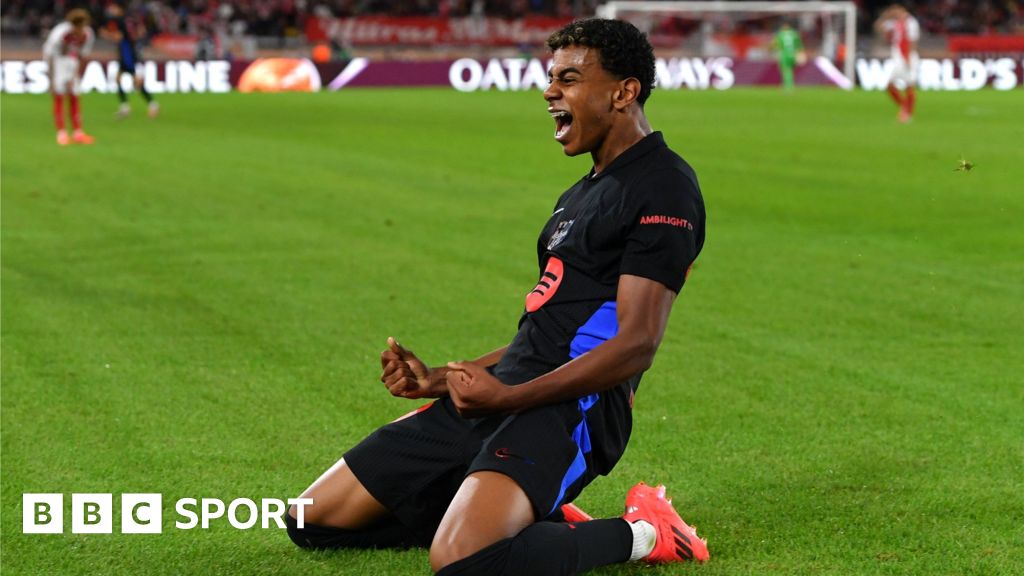Lawyer accused of enabling Mexican Mafia rackets could avoid prison with guilty plea
A lawyer accused of helping members of the Mexican Mafia traffic drugs, collect extortion money and expose government informants pleaded guilty Thursday in a deal with prosecutors that may spare him prison time.
Gabriel Zendejas Chavez, who was indicted in 2018 in an investigation of the Mexican Mafia's rackets in L.A. County jails, told U.S. District Judge George Wu he was guilty of a rarely filed charge of "misprision of a felony."
Chavez, 47, admitted that during a meeting with an inmate at a county jail, he became aware that a felony was being committed, did not report the crime to authorities and attempted to cover it up.
Federal prosecutors have agreed to resolve Chavez's case without prison time, a fine or any period of court-supervised release. Wu scheduled a sentencing hearing for Nov. 4.
Chavez's lawyer, Meghan Blanco, said the guilty plea would likely result in the revocation of his law license. Chavez declined to comment after the hearing.
Chavez went to trial on racketeering charges in 2022. Testifying in his own defense, he described going from being a high school English teacher studying law at night to becoming a criminal defense attorney representing some of the most feared inmates in California's prisons.
Chavez told the jury — at times through tears — that he got in over his head with clients who threatened him into going along with their rackets. Wu declared a mistrial after the jury failed to reach a verdict.
Prosecutors struck a plea deal with Chavez after his lawyer accused them of withholding evidence during his 2022 trial — hundreds of thousands of pages of records from the prison files of the men with whom he was accused of conspiring. With a new trial scheduled to begin Oct. 1, Chavez signed his plea agreement last week. The conduct he admitted to in that agreement was a far cry from the charges that prosecutors leveled in a superseding indictment filed in February.
According to the indictment, Chavez passed a message during an unmonitored legal visit that Frank "Little Man" Munoz, a Mexican Mafia member who'd fallen out of favor with the organization, was marked for death. Munoz was gunned down in Hawaiian Gardens in 2016.
Prosecutors also implicated Chavez in a far-reaching plot to unseat Arthur "Turi" Estrada, a reputed Mexican Mafia member from Rancho Cucamonga. From his prison cell at Corcoran, witnesses testified at Chavez's trial, Estrada controlled a network of underlings who collected money and sold drugs in nearly every prison yard in California.
Some Mexican Mafia members held at the maximum-security prison at Pelican Bay accused Estrada of being greedy, witnesses said. Prosecutors asserted that Chavez met with Mexican Mafia members at Pelican Bay and San Quentin under the guise of legitimate legal visits to gather support for a move against Estrada.
In a two-month span in 2014, Estrada's right-hand man, David "Radio" Cortez, was killed in Tijuana and Estrada's brother, George "Domingo" Estrada, was shot to death in Ontario. Both homicides remain unsolved.
On the witness stand, Chavez denied taking part in the campaign against Estrada. His attorney asked what would have happened if he'd been caught in the middle of the two factions.
"You're done," Chavez testified. "You're dead. And if you're lucky it's just you, not anyone around you."
There is no mention of power struggles, shootings or even the Mexican Mafia in his plea agreement. All Chavez admitted was that he visited a man at the Los Angeles County jail whom he knew was engaged in racketeering and that he failed to alert the authorities. He acknowledged that he concealed the inmate's crimes by using "hand gestures" and "coded language" and by writing down "names of members of the criminal enterprise."
It is a clear reference to a tape played at Chavez's trial of a legal visit with Luis "Hefty" Garcia, a client of Chavez's who wore a wire at the behest of the FBI.
In the 52-minute recording, Garcia discussed with Chavez a plan to extort the Mongols motorcycle club for a $100,000 payment in exchange for the Mexican Mafia's protection behind bars.
Chavez admitted talking with Garcia about "a lot of illegal things," but insisted he had no intention of following through. He testified he only agreed to go along with those schemes in the taped meeting because Garcia had threatened to hurt his young daughter.
, features and recommendations from the L.A. Times and beyond in your inbox six days a week.










